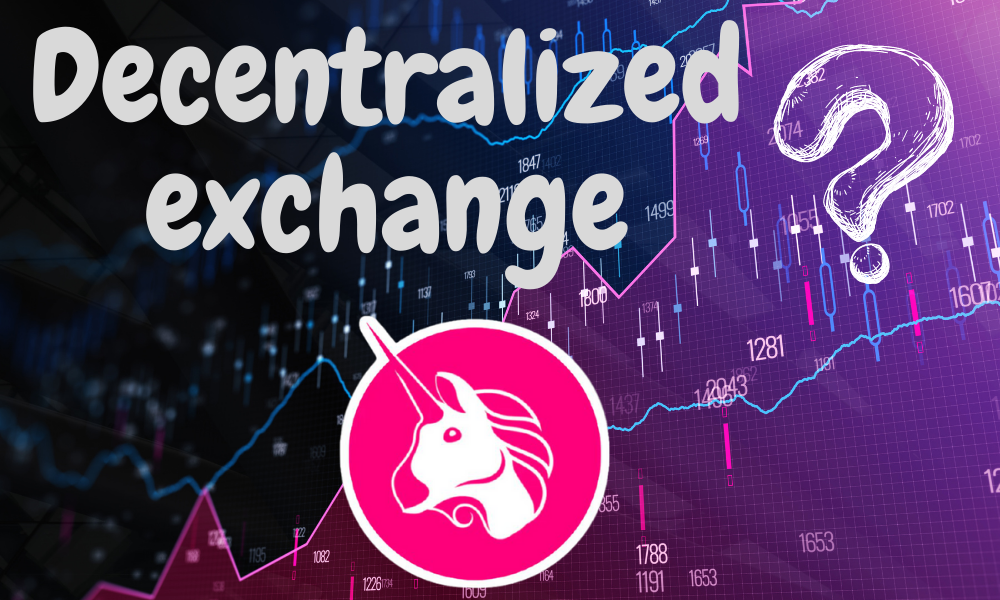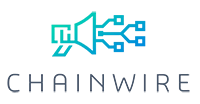Uniswap, the second leading decentralized exchange (DEX) in total value locked (TVL), announced on July 23 that it has delisted several tokenized stocks offered by DeFi protocols such as Synthetix and Uma. This news has caused a frenzy in the DeFi community, although the restrictions only apply to Uniswap’s interface, run by Brooklyn-based Uniswap Labs.
As for the Uniswap protocol, it will remain open-source, which means that DeFi users can still access some of the delisted tokens through other platforms that leverage Uniswap’s Interface code. Nonetheless, Uniswap’s move to delist tokenized stocks has sparked an outroar with die-hard decentralization enthusiasts bashing the platform.
Some of the most vocal critics are basing their arguments on Bitcoin’s ‘truly’ decentralized nature where no single entity or collisions can compromise the network’s fundamentals - making it immune to direct regulatory oversight.
Satoshi Nakamoto invented the pioneer peer-to-peer cryptocurrency to create a decentralized monetary ecosystem. Bitcoin’s decentralized nature has held to its fundamentals for over a decade and continues to grow as more people join the network.
Meanwhile, some DeFi projects appear to be drifting away from the decentralization fundamentals where projects are run by the community. Uniswap’s latest move to delist tokenized stocks is just one example, not to mention the controversial Uniswap-backed DeFi Education fund that recently dumped $10 million worth of UNI donated as governance tokens.
DeFi’s Decentralization Is Under Threat
With regulatory pressure increasing, the decentralized nature of the crypto market has come under serious threats in the past few months. One of the areas that is gradually adjusting to the tone of financial watchdogs is the DeFi market, an ecosystem that most stakeholders believe is truly decentralized given that it is designed to eliminate central financial intermediaries.
But how much is DeFi decentralized? While it may be hard to quantify, the decentralized nature of DeFi projects may not be as much as it is portrayed within the crypto community. Uniswap’s delisting of tokenized stocks has brought about many questions despite Uniswap Labs maintaining its open-source protocol.
Other DeFi protocols such as Aave are also bowing to the compliance calls with the project, revealing a ‘permissioned pool’ for institutional investors. Unlike the typical DeFi liquidity pools, Aave’s permissioned pool features KYC and AML restrictions which means that institutions must be compliant before accessing the DeFi market.

Nonetheless, DeFi protocols such as Polkadex have maintained a fully decentralized approach in running their ecosystems. This project features a peer-to-peer orderbook-based crypto exchange and an Initial Dex Offering (IDO) launchpad where crypto projects can create ERC-20 like tokens to raise funds. Contrary to Uniswap’s approach, Polkadex uses governance to vote for token listings or delistings.
Regulation Around the Corner
Regulatory FUD in the crypto market is not a new thing, but this time the calls are coming from multiple jurisdictions, including the U.S. Uniswap’s delisting is speculated to have been triggered by the ongoing clampdown on crypto service providers with centralized exchanges such as Binance and FTX also halting the trading of tokenized stocks within their platforms.
According to regulators from the U.K, Germany, Hong Kong and Italy, this basket of crypto assets constitutes securities hence a need to regulate them similarly. SEC chairman Gary Gensler has also hinted that more regulations are set to be implemented within the crypto ecosystem,
“Make no mistake: It doesn’t matter whether it’s a stock token, a stable value token backed by securities, or any other virtual product that provides synthetic exposure to underlying securities … These platforms—whether in the decentralized or centralized finance space—are implicated by the securities laws and must work within our securities regime.”
Given these multiple threats, it is not surprising that DeFi protocols are also finding ways to integrate compliant systems. However, the question remains whether this comes at the cost of their decentralized nature. With regulators in the picture, DeFi projects might be stripped off their decentralized value proposition as the platforms will be partly controlled by central authorities.

Conclusion
While regulation is an important pillar in any financial ecosystem, introducing regulatory hurdles in crypto beats the logic of decentralized ecosystems. Essentially, DeFi protocols would not be as accessible as they are today if they were to have KYC/AML restrictions amongst other requirements set by regulatory bodies.
That said, the debate on DeFi’s decentralization is far from over; in fact, the coming months will likely feature exciting developments. As of press time, it is still early to predict which route most DeFi protocols will take but going by the trends, the integration of compliant systems is not out of the equation.







